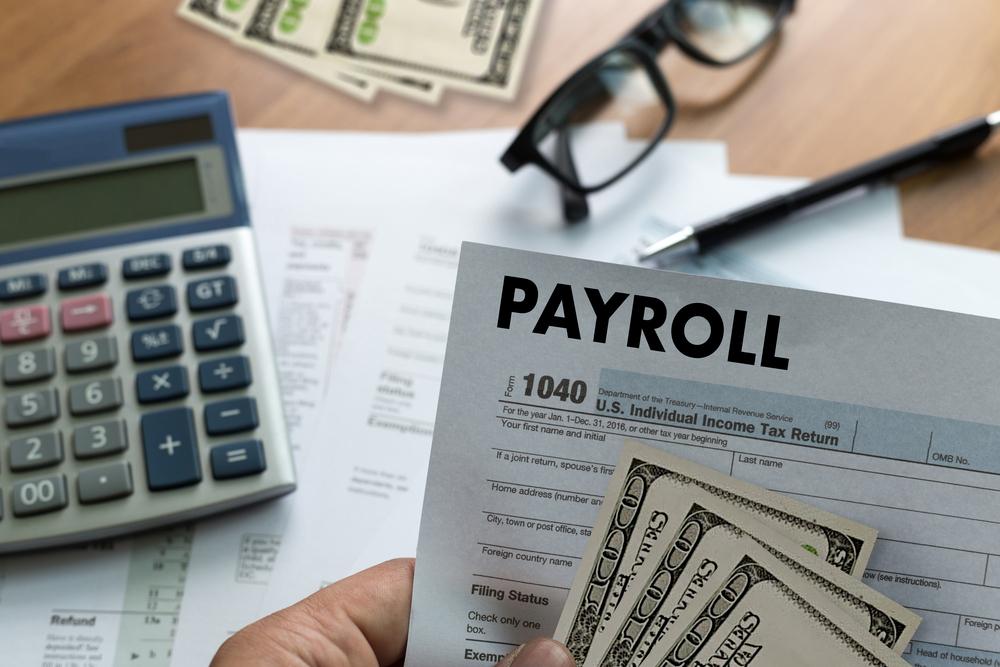Business owners must pay various taxes, including income taxes, franchise taxes, sales taxes, and the most dreaded of all – payroll taxes. Payroll taxes can be the most confusing. Even if you hand the responsibility over to a payroll company, as the business owner, you can still be held liable if the taxes are not properly withheld and properly paid. Withholding, filing, and paying payroll taxes can be complex tasks. Failure to withhold and deposit payroll taxes properly can result in you being held personally liable — and responsible for paying a substantial monetary penalty.
What Are Payroll Taxes?
All businesses with employees must withhold payroll taxes from the employee paychecks issued. The taxes withheld include federal, state, and local taxes — and taxes related to Medicare and Social Security. These taxes are, for the most part, not taxes on the employer but taxes and withholding on the employee. The employer acts as a kind of trustee for the government, and these taxes are referred to as “trust fund” taxes. Failure to pay payroll taxes on time can result in significant fines and monetary penalties.
Employers have several key tasks with payroll taxes. Not only must they figure income tax withholding and employment taxes, but employment taxes must be deposited under a set deposit schedule. Employers must also report quarterly about their employment taxes and employee tax payments.
Employers often outsource their payroll duties to third-party providers who can help to streamline their business operations. While these companies can ensure filing deadlines are met and direct deposits are made, the employer bears the ultimate responsibility for the payment of taxes. If the third party does not make the necessary tax payments, penalties and interest may be assessed on the employer’s account.
The IRS Trust Fund Recovery Penalty
To encourage prompt payment of income and employment taxes, a law was passed allowing for a trust fund penalty. The taxes are called “trust fund taxes” because the employer holds the employee’s money in trust until a federal tax deposit is made. This law allows the IRS to collect a one hundred percent (100%) penalty, equaling the taxes not collected.
The Internal Revenue Service can assess a trust fund penalty against you if 1) you are a “responsible person” and 2) you willfully did not pay the required payroll taxes. Specifically, a responsible person is an individual or group of people with the duty to perform, and the power to direct, the paying and accounting of payroll taxes. A responsible person may include:
- An employee or officer of a corporation
- An employee or member of a partnership
- A director or shareholder of a corporation
- A payroll service provider (or responsible party within)
- Another corporation or a third-party payer
Typically, the responsible person is the party who is the signatory on the bank account — but this may not always be the case. Usually, the IRS will make personal assessments against all responsible persons in the event of a shortfall. This can include even those who did not know that the IRS was not being paid. Sometimes an office manager, Chief Executive Officer, lender, attorney, or accountant can also be named a responsible person.
Contact an Experienced New York City Tax Attorney
If you own a business with employees, it’s vital to understand your payroll tax obligations. Offering knowledgeable representation, the legal team at Brinen & Associates assists clients with a wide variety of tax matters at both the state and federal levels. Call (212) 330-8151 or send us a message to learn more about how we can help you and your company.
